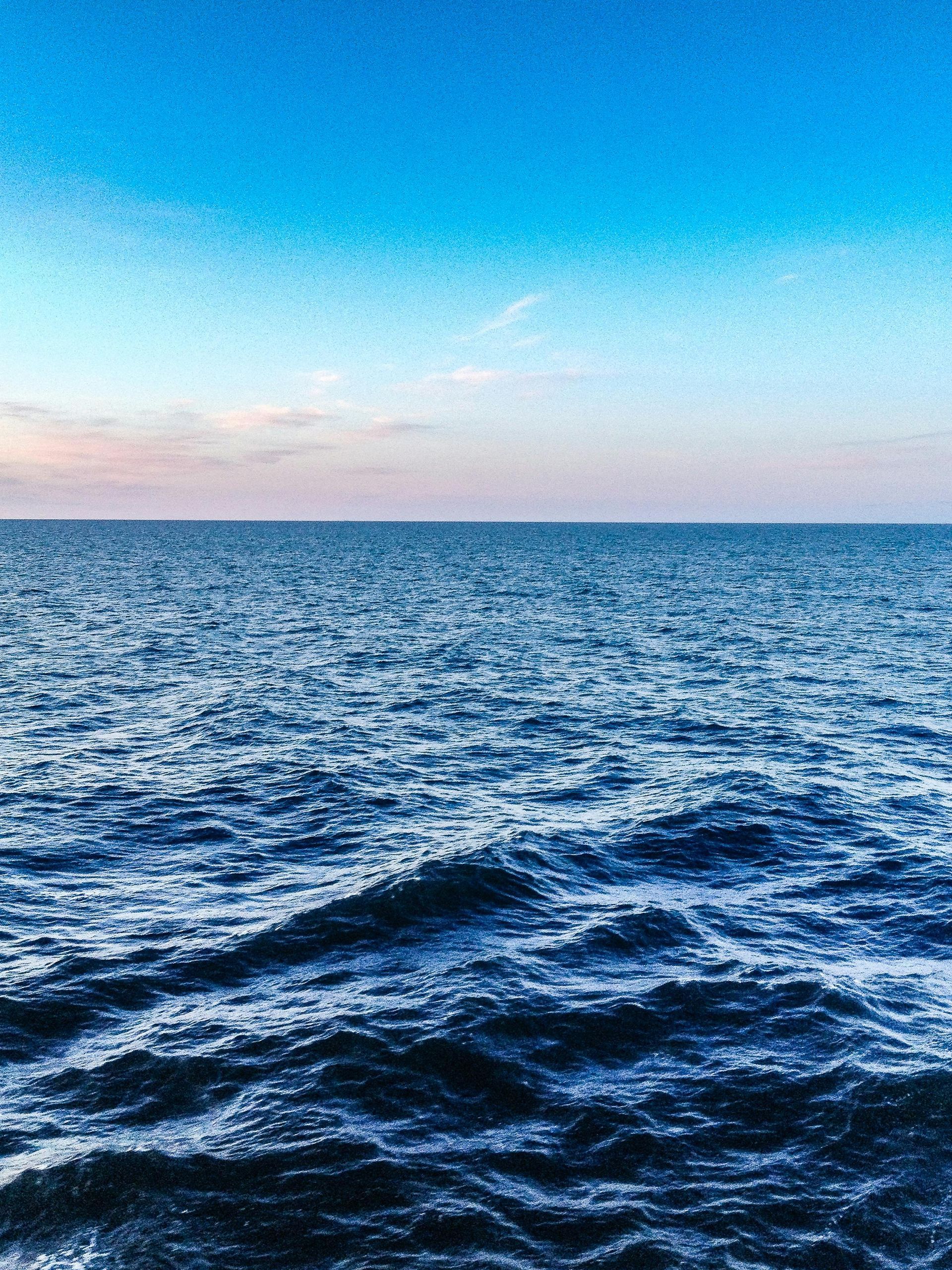Over 200 NGOs Call for Urgent Action on Offshore Fossil Fuel Exploration Ahead of UN Conference in Nice
- More than 200 environmental organisations worldwide demand immediate ban on offshore oil and gas exploration to protect marine ecosystems
- Coalition urges world leaders to commit to transformative ocean protection measures at UN Ocean Conference 2025
- Open letter highlights critical window for action as Ocean faces unprecedented threats from climate change, pollution and biodiversity loss

Less than one week before world leaders gather in Nice for the United Nations Ocean Conference 2025, a powerful coalition of 208 environmental organisations has issued an urgent call for governments to ban offshore oil and gas exploration and commit to comprehensive ocean protection measures.
The open letter reflects a remarkable show of global unity from civil society, with signatories spanning six continents – including leading marine conservation groups, climate coalitions, and grassroots organisations – demanding decisive action to confront the Ocean’s escalating crisis.
"The upcoming high-level 2025 United Nations Conference to Support the Implementation of
Sustainable Development Goal 14 (UNOC3) will take place in June 2025 in Nice, France. UNOC3
must become a turning point for ocean protection. This important moment cannot be wasted. Earth's
oceans, seas, and marine wildlife are under increasing threat from human activities, jeopardising
their vital functions on which all life depends. Earth’s largest carbon sink, the ocean, has already
absorbed 90 percent of the excess heat from carbon emissions, leading to rising seas, melting ice,
intensifying marine heatwaves, and increasing acidification with severe consequences for marine
life.
Fossil fuels are responsible for over 75 percent of global greenhouse gas emissions and nearly 90
percent of all CO2 emissions. The UN Emissions Gap Report 2023 highlights that if current policies
persist, global emissions will reach 56 gigatonnes of CO2 equivalents by 2035—55 percent higher
than the level required to stay below 1.5°C. Achieving the Paris Agreement’s targets demand an
immediate halt to the search for new hydrocarbon deposits. Yet, billions of dollars continue to be
poured into seabed exploration for oil and gas, even within marine protected areas.
The era of fossil fuels must come to an end. [...]"
Read the full letter with the list of signatories here.
The coalition emphasises that continued offshore fossil fuel exploration is fundamentally incompatible with meeting the Paris Agreement's climate targets and protecting marine biodiversity. Current exploration activities involve the use of airguns that produce some of the loudest human-generated noise in the marine environment, causing severe harm to marine wildlife from the smallest plankton to the largest whales.
The letter calls on governments to commit to transitioning away from fossil fuels by prohibiting all new exploration activities for fossil fuels in areas within and beyond national jurisdiction, in line with the objective agreed at the COP28 climate conference. With the conference due to begin on 9 June, the organisations are urging governments to incorporate such a commitment into the Declaration, which will chart a course for achieving the Sustainable Development Goals (SDGs) 13 and 14. Consistency requires keeping fossil fuels in the ground by immediately ending the exploration of new hydrocarbon deposits, which would strengthen the link between marine conservation and climate action.

